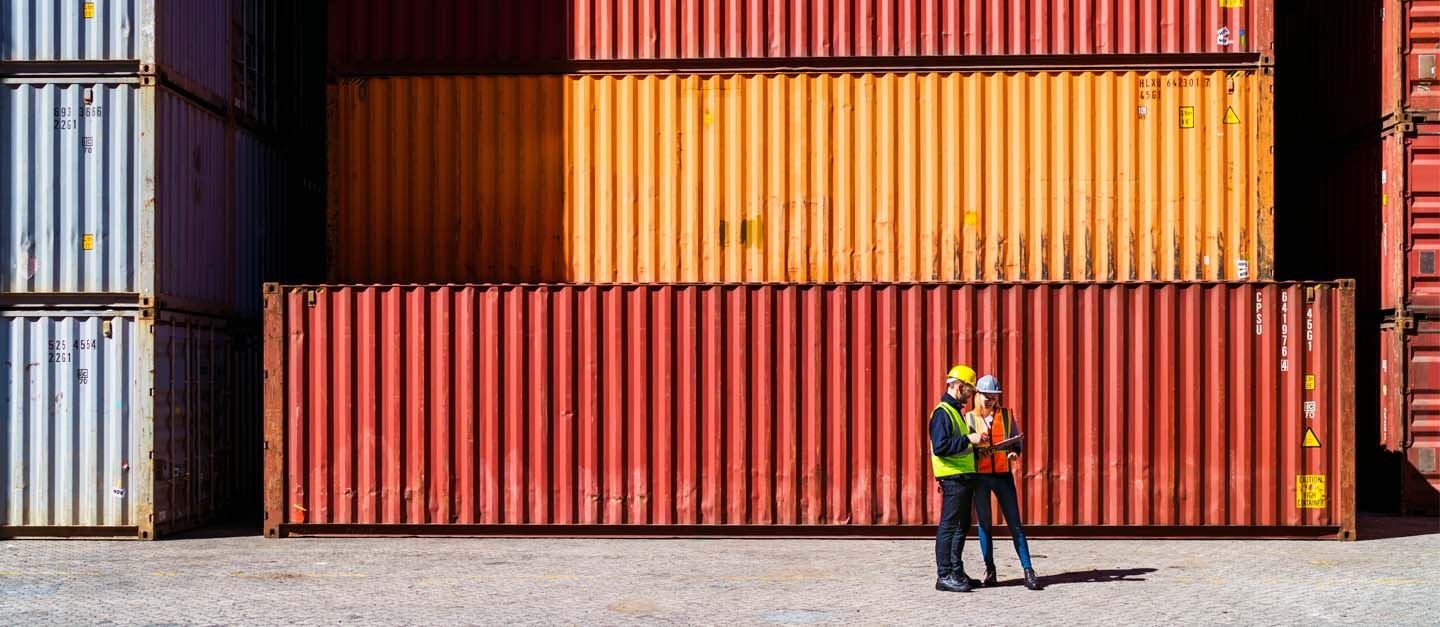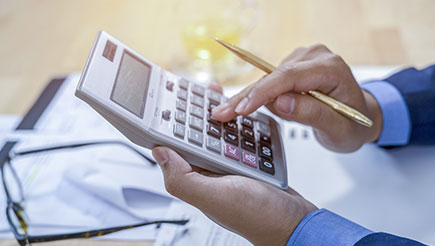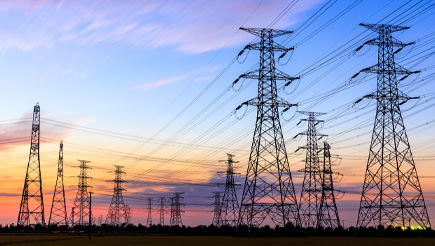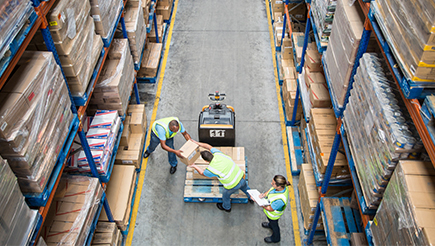The rules for importing and exporting goods to the EU have changed several times over the past few years as the final stages of Brexit have been implemented. It can be hard to stay on top of these changes, but if you do business with or move goods to and from the EU these changes will be vital information for you.
This guide will help you understand the recent updates to importing and exporting, but if you're unsure of anything you should double check rules and regulations listed on the government website.
How to import or export goods after Brexit
In order to move goods between the UK and non-EU countries, businesses have needed an EORI (Economic Operators Registration and Identification) number. It’s a unique ID code used to track and register customs data in the EU and you’ll need an EORI number to import or export goods to and from the EU too. You won’t need an EORI number if your business provides services rather than goods, and you won’t need one if your business only moves goods between the Republic of Ireland and Northern Ireland.
You can register for an EORI number as a business or an individual. For businesses based in Scotland, England or Wales, your EORI number should start with the letter ‘GB’. If you already have an EORI number but it doesn’t begin with ‘GB’, you’ll need to apply for a new one. If you import goods from Northern Ireland to Great Britain, you’ll need an EORI number which begins ‘XI’ in addition to one beginning ‘GB’.
Before applying for an EORI number, you’ll need a few things handy:
- Your VAT number and date of registration
- Your National Insurance number (if you’re an individual or a sole trader)
- Unique Taxpayer Reference (UTR)
- business start date and Standard Industrial Classification (SIC) code
- Government Gateway user ID and password
You can apply for an EORI number here
Customs Declarations
In the past, you may have been able to delay import declarations by up to 175 days from when the goods arrived into Great Britain, however this will no longer be the case. From 1 January 2022 you must complete customs declarations on imports from the EU to GB at the time you or your courier/freight forwarder bring them into the UK.
You can also apply for the right to use simplified declarations for imports. These will allow you to move goods without having to provide a full customs declaration. You can find out more about how to apply for a simplified declaration at www.gov.uk/guidance/using-simplified-declarations-for-imports/
If dealing with customs and all its changes is overwhelming, you can choose to have someone deal with import and export declarations on your behalf, such as a customs agent, courier or a freight forwarder. Information on how people can help you with customs can be found at www.gov.uk/guidance/appoint-someone-to-deal-with-customs-on-your-behalf/
Tax, customs duties and VAT
You need to pay VAT on most goods. For example, the standard VAT rate is 20% for most goods and services, while some goods like car seats can have a reduced rate of 5% applied, and others like children’s clothes can be zero rated, meaning no VAT applies at all.
Since 1 January 2021, the new UK Global Tariff has been applied to all good your business imports to the UK, unless certain exemptions apply. This UK Global Tariff replaces the current Trade Tariff.
You can check the tariff that applies to the goods you import using the UK Government’s UK Global Tariff tool here.
When exporting goods outside of the UK, you may be able to charge customers VAT at 0% or ‘zero rate’, provided certain conditions are met. The conditions are different depending on whether you’re exporting directly or indirectly:
- Direct exporting – where you export the goods in your own vehicle or through a company employed directly by you
- Indirect exporting – where your overseas customer arranges for the collection of your goods on your behalf
You can read more about VAT and when you need to register for it on our guide to VAT for small businesses.
Rules of Origin
Great Britain and the EU have worked out a preferential tariff, but in order to benefit from that, you'll need to prove that you meet the rules of origin. If you sell goods to the EU, or buy goods from the EU and bring them into GB, you must have proof that:
- goods you import into Great Britain from the EU originate there
- goods you export to the EU originate in Great Britain
If you cannot prove the origin of your product, you or your EU customer will be liable to pay the full rate of customs duty and could face penalties and you cannot take advantage of the zero-tariff trade agreement with the EU.
Ways of Proving Product Origins
One option for claiming preference is for the importer to use a ‘statement on origin’ made out by the exporter. A statement on origin is prescribed text which the exporter adds to the invoice or any other document, including a commercial document, that describes the originating product in enough detail to allow it to be identified.
‘Importer’s knowledge’ is an option that allows the importer to claim preferential tariff treatment based on their own knowledge about the originating status of imported products. As this option requires the importer to have knowledge that the products meet the relevant rules of origin, the exporter or producer may have to provide information about the production to the importer.
Keeping your Proof
An importer making a claim for preferential tariff treatment must keep all records that show that the product is eligible for preference for four years from the date of importation. These records may be stored in an electronic format.
To prepare for the changes to Rules of Origin, go to www.gov.uk/government/collections/rules-of-origin-for-goods-moving-between-the-uk-and-eu/
Pre-Notifying Imports
There may be additional requirements for importing some sanitary and phytosanitary (SPS) goods, such as meat or plants, to GB from the EU. To find out the most up to date rules, head to the page dedicated to your type of goods:
- Guidance on importing food: gov.uk/guidance/import-or-move-food-and-drink-from-the-eu-and-northern-ireland-to-great-britain
- Guidance on importing Animal By-Products: gov.uk/guidance/importing-or-moving-live-animals-animal-products-and-high-risk-food-and-feed-not-of-animal-origin
- Guidance on Plant Products: gov.uk/guidance/import-plants-and-plant-products-from-the-eu-to-great-britain-and-northern-ireland
One of the changes taking place is that you will need to pre-notify when importing most Products of Animal Origin, Animal By Products, High Risk Food not of Animal Origin and regulated plants and plant products from the EU to GB.
You (or a representative acting on your behalf) importing these goods from the EU may need to pre-notify authorities that their consignment will be entering Great Britain. You can do this by registering on the designated IT system for your product type:
- Animal Product IT System: gov.uk/guidance/import-of-products-animals-food-and-feed-system
- Plant Product IT System: gov.uk/guidance/import-plants-and-plant-products-from-the-eu-to-great-britain-and-northern-ireland#register-and-pre-notify-your-goods-on-peach
Goods Vehicle Movement Service (GVMS)
Hauliers must be registered for the Goods Vehicle Movement Service (GVMS) to move any goods between GB and the EU. The GVMS system has been designed to enable fast and efficient movement of goods and will be used by many UK ports, but in order to use it, you must be registered. If you are not registered, you will not be able to board the ferry or shuttle and cross the GB/EU border.
- A full list of GVMS ports is available at: gov.uk/goods-vehicle-movement-ports
- Register for GVMS: gov.uk/guidance/register-for-the-goods-vehicle-movement-service
Ports that use GVMS to control goods will need pre-lodged declaration references to be linked together within a single reference number, called a Goods Movement Reference (GMR). The driver will need to present a valid GMR to the carrier for check-in.
The driver moving the goods should create the GMR, but it can be done by the haulier manager, or the trader’s customs agent or freight forwarder. You must only create one GMR per vehicle. You can get a GMR at gov.uk/guidance/get-a-goods-movement-reference.
Additional advice:
Before sending any EU-based business goods, first check they can make the necessary import customs declarations. They may also need a licence or a certificate to import some types of goods.
Visit gov.uk/import-goods-into-uk and follow the step by step guide to make sure you’re prepared. Their guide provides information on how to bring goods into the UK from any country, including how much tax and duty you’ll need to pay and whether you need to get a licence or certificate.
For practical support with exporting your products, contact the Export Support Service online or by phone at 0300 303 8955 (call charges may apply).
If you're a Haulier, be sure to sign up for GVMS now at gov.uk/guidance/register-for-the-goods-vehicle-movement-service






